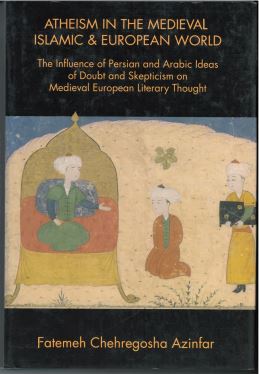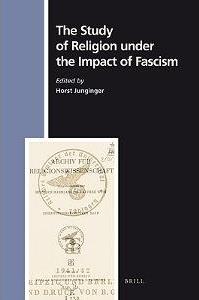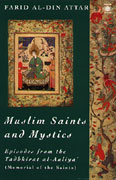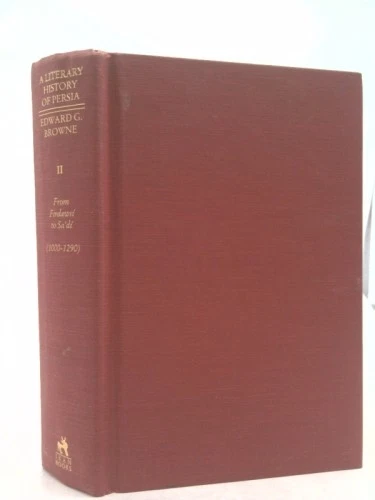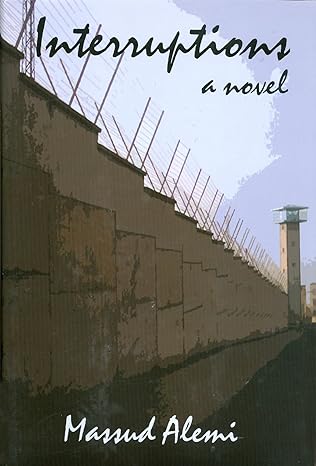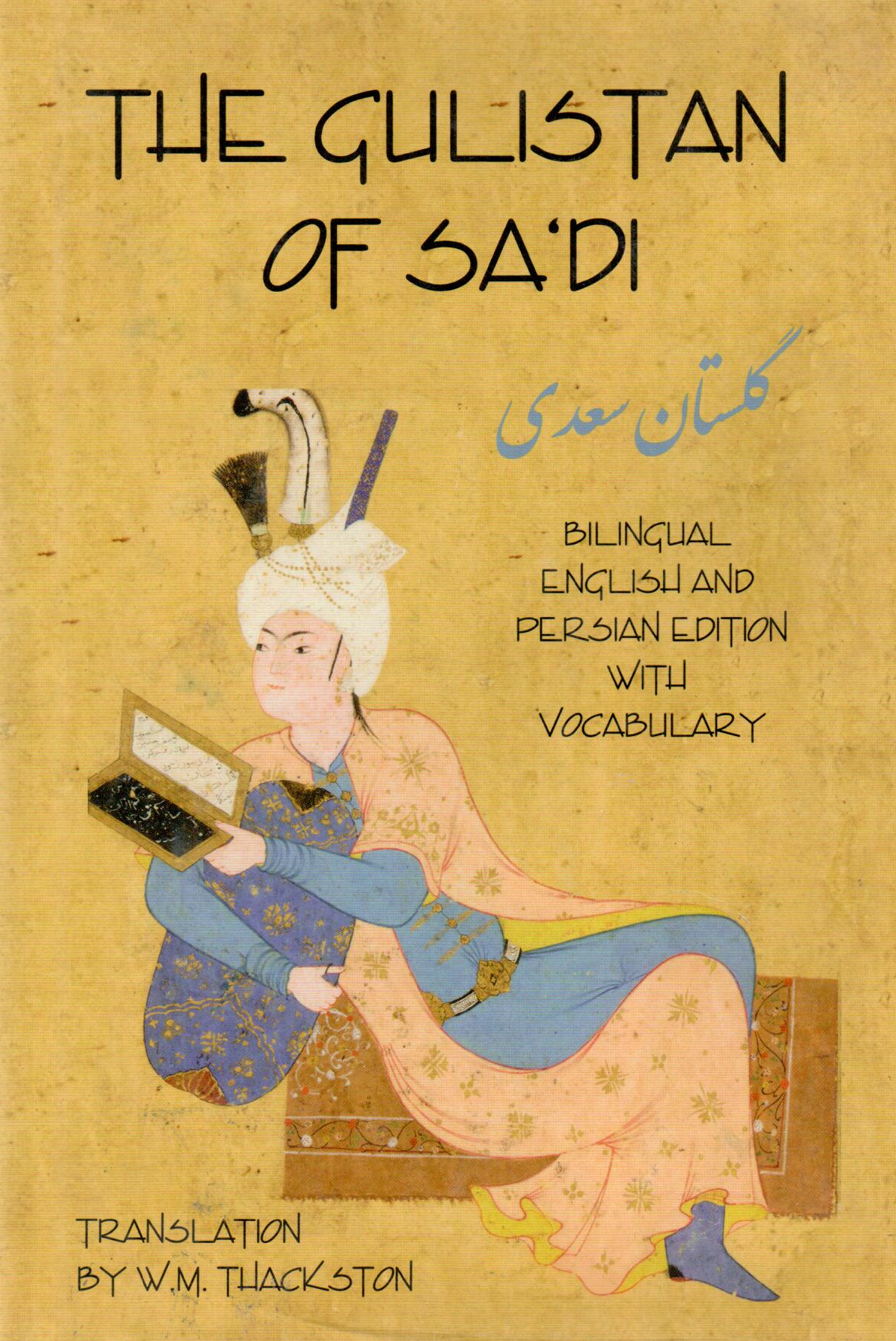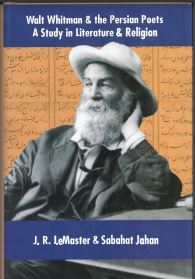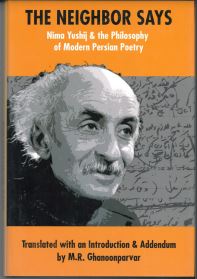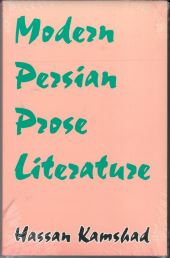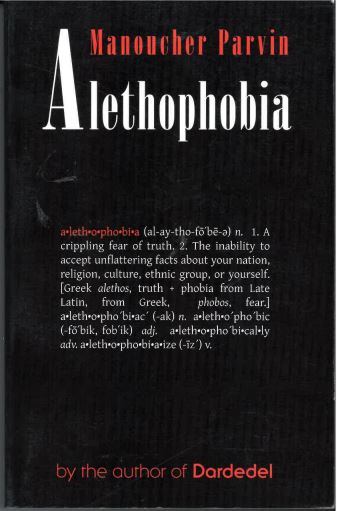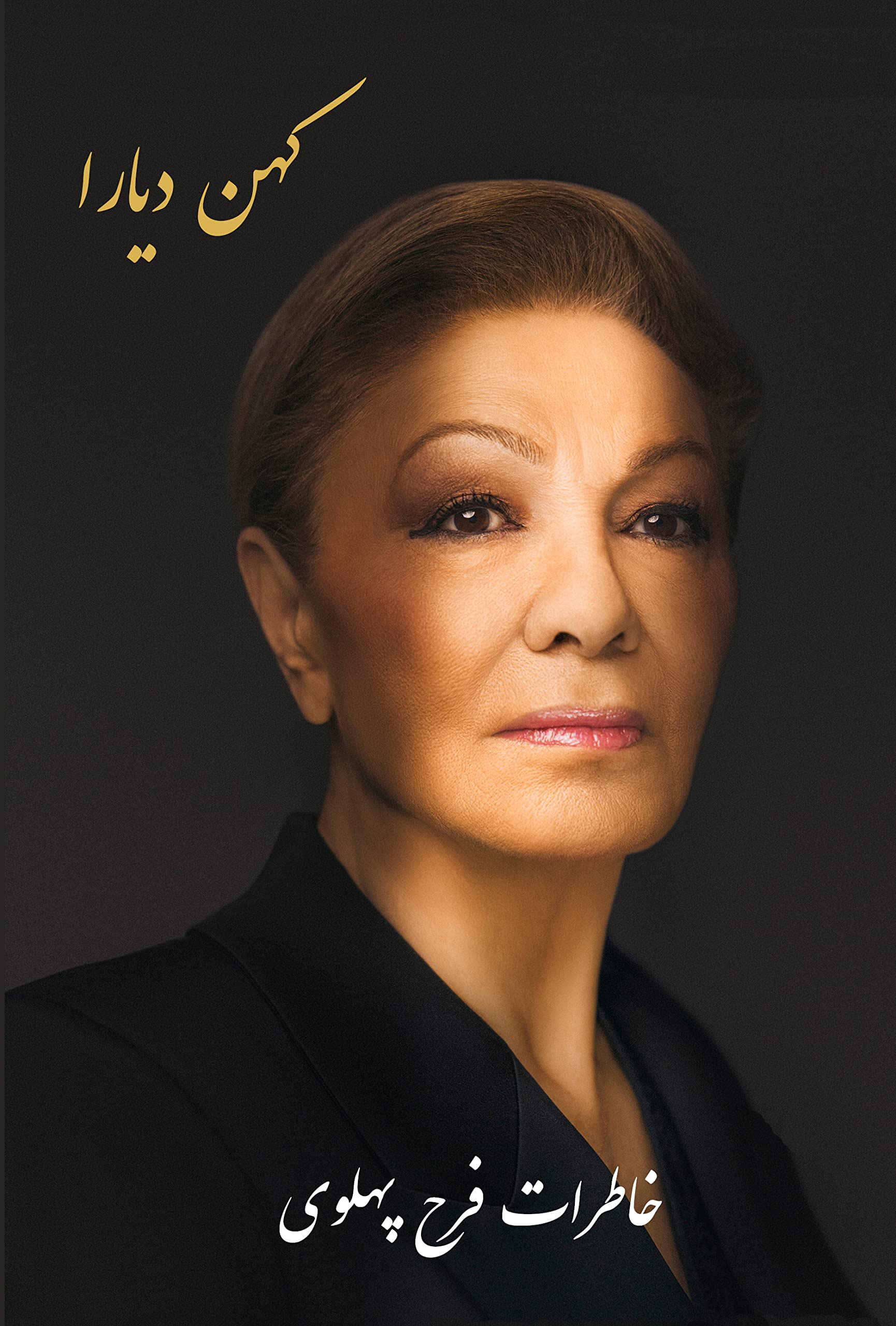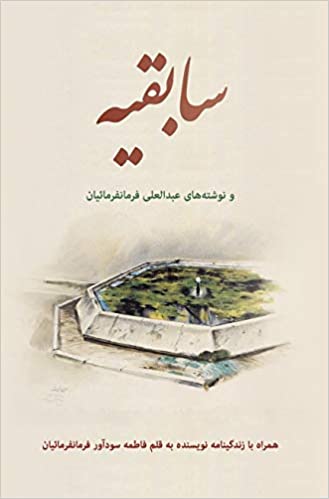الإنجليزية 1429
Atheism in the Medieval Islamic & European World: the Influence of Persian and Arabic Ideas of Doubt and Skepticism on Medieval European Literary Thought
108٫00 $
مشاركة
Wishlist
ISBN رقم:
9781588140517
الناشر:
IBEX Publishers, Inc
الفئة العمرية:
البالغون
الصفحات:
271
الوزن:
532 g
أبعاد المنتج:
16 x 2٫4 cm
غلاف الكتاب:
غلاف کرتونی
Did god exist a thousand years ago? Atheism in The Medieval Islamic and European World discusses and analyzes the origins of questioning God and Religion in Medieval Middle Eastern and Europe literature and thought.
In the Middle East, two Medieval Texts: A Thousand and One Nights and Gurgani s Vis and Ramin are analyzed in terms of questioning God and His actions. In Europe, Dante; Abelard; Chaucer; the author of Chanson de Roland; and the author of The Pearl Poem ask similar questions. Azinfar argues that the Europeans were influenced by the religious skepticism inherent in Medieval Middle eastern texts.
Azinfar also traces the roots of the ideas of Rationalism, Existentialism, Surrealism, and Feminism from the medieval Islamic world and follows them to the Medieval West. She shows how the period which we believed was steeped in religious dogmatism is actually an analytical period, rooted in rationality, advancement of science and skepticism. Tales about knights on quests rescuing damsels actually unveil theories on questioning traditional views on the stance of religion, the possibility of the existence of a physical world, and nihilism.
more
Did god exist a thousand years ago? Atheism in The Medieval Islamic and European World discusses and analyzes the origins of questioning God and Religion in Medieval Middle Eastern and Europe literature and thought.
In the Middle East, two Medieval Texts: A Thousand and One Nights and Gurgani s Vis and Ramin are analyzed in terms of questioning God and His actions. In Europe, Dante; Abelard; Chaucer; the author of Chanson de Roland; and the author of The Pearl Poem ask similar questions. Azinfar argues that the Europeans were influenced by the religious skepticism inherent in Medieval Middle eastern texts.
Azinfar also traces the roots of the ideas of Rationalism, Existentialism, Surrealism, and Feminism from the medieval Islamic world and follows them to the Medieval West. She shows how the period which we believed was steeped in religious dogmatism is actually an analytical period, rooted in rationality, advancement of science and skepticism. Tales about knights on quests rescuing damsels actually unveil theories on questioning traditional views on the stance of religion, the possibility of the existence of a physical world, and nihilism.
more

